I’m not surprised that The Game Awards has put games like Dave the Diver and Dredge on their list of nominations for the “Best Independent Game” award, but I am very, very disappointed.
That’s not to say that Dave the Diver is a bad game undeserving of an award. It’s just not indie. Its developer and publisher, Mintrocket, is a direct subsidiary of Nexon. The South Korean game publisher has an annual revenue in the billions of dollars. That’s not indie.
Dredge has more claim to the category of indie. Its publisher, Team17, considers itself an “indie publisher,” a label not exclusive to them. However, Team17 is a publicly traded company that raked in over 137 million pounds in 2022. At what point is a publisher no longer considered an indie publisher? That’s hard to say.
As an award, “Best Independent Game” should be a place where smaller developers who finance their games without the financial backing of a major company can find some recognition. However, with Dave the Diver on the list of nominees, The Game Awards is signaling that any major corporation can produce a game with pixel art graphics to buy away that recognition.
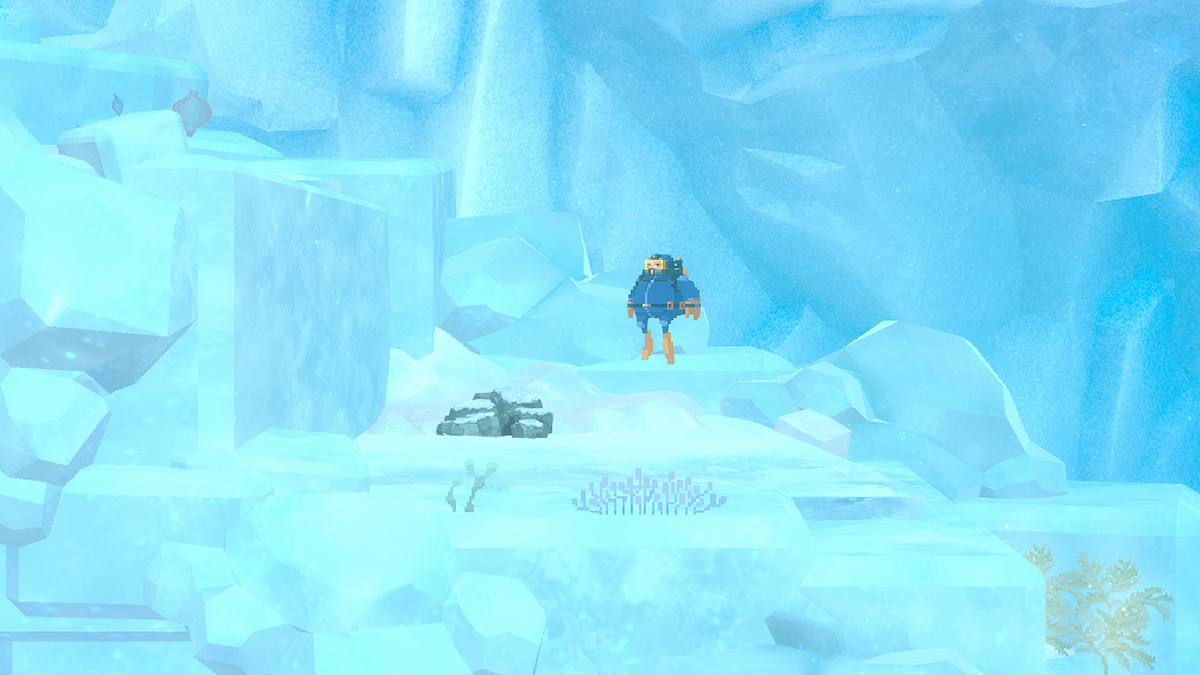
Splashed right across The Game Awards’ nominees page for “Best Independent Game” is the definition, “For outstanding creative and technical achievement in a game made outside the traditional publisher system.” The “traditional publisher system” isn’t entirely defined, but if we go by the definition that most industries go by, it means works published without those outside agreements at all. From artist to market, essentially.
Four of the five games nominated involve a publisher. Only one of them does not, which is Sea of Stars. That sort of makes it sound like successful games without publishers are a rarity, which is entirely false. There are plenty of popular and successful games that distinguish themselves on their own. Even this year, without having to dig too deep, El Paso, Elsewhere and Slay the Princess were both independent games that have received acclaim. They are actually made outside the “traditional publisher system.”
However, it may be acceptable or even prudent to consider games that go through an “indie game publisher” to actually be “outside the traditional publisher system.” This is because some of these publishers don’t actually provide financial backing to the studios under their label. Sometimes, independent developers will go through them to get their games published on storefronts like the PlayStation Store, the Nintendo eShop, or even Steam. Other times, the publisher will just help with PR.
But that’s exactly where things get murky. Publishers and developers rarely disclose what their relationships entail. It’s also uncommon for those deals to reveal budgets behind their games, especially if that publisher is privately owned. It would be extremely difficult for publications to gatekeep and allow the spotlight to fall on actual independent developers who need it.
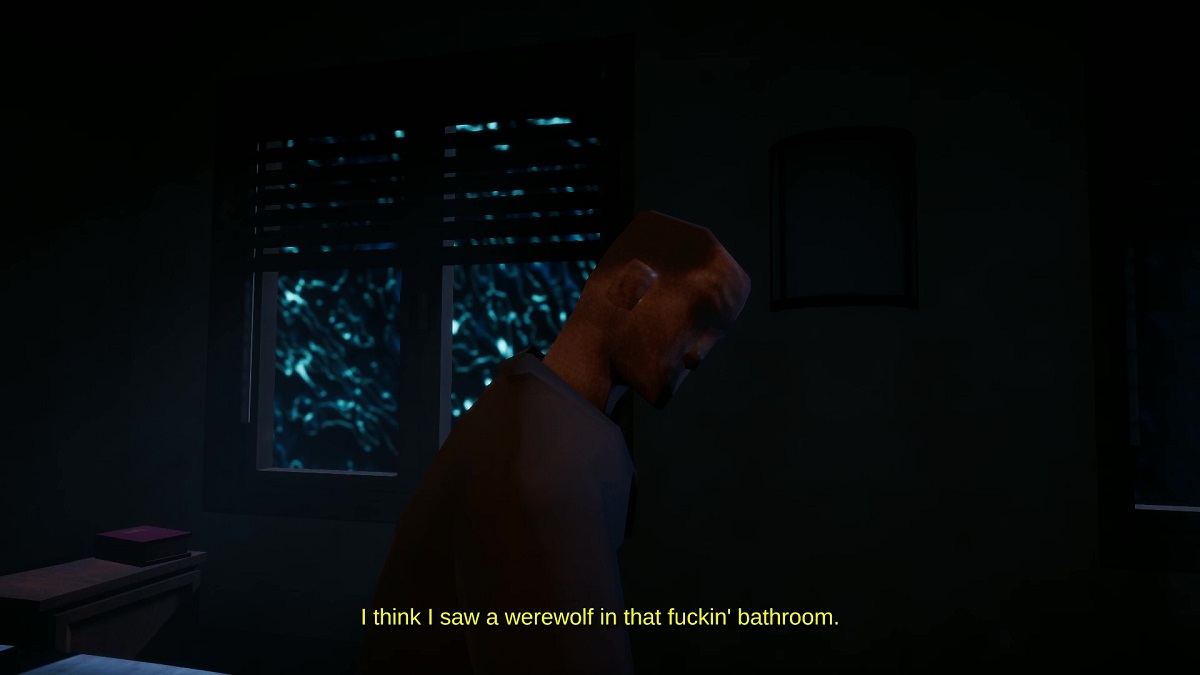
It would help if publications and the public, in general, pushed for better categorization of games. Right now, the two big catch-alls we have are AAA and indie. While AAA games are better defined by the size of their budget and indie games by their team’s independence, there’s no true in-between. Where does RoboCop: Rogue City fall?
Some refer to that sort of game as a “AA game” or even a “B game,” but I don’t know why we’d want to categorize games like they’re cuts of meat. Beyond that, good luck getting a publisher or PR firm to describe a game as “AA.” It implies that they are inferior products. I personally use the term “smaller budget” because it sounds more like a possible point of pride.
Meanwhile, how do you define a game that is made by an independent or solo developer who has financial backing from a publisher? There’s a pretty clear line there, but we don’t have separate terms, which is vexing. Though, it’s vexing in a way that isn’t unique to video games. Music and film have both struggled with a firm categorization for independent productions. Solutions in those spheres have also been argued for years with no resolution. Video games may be doomed to the same.
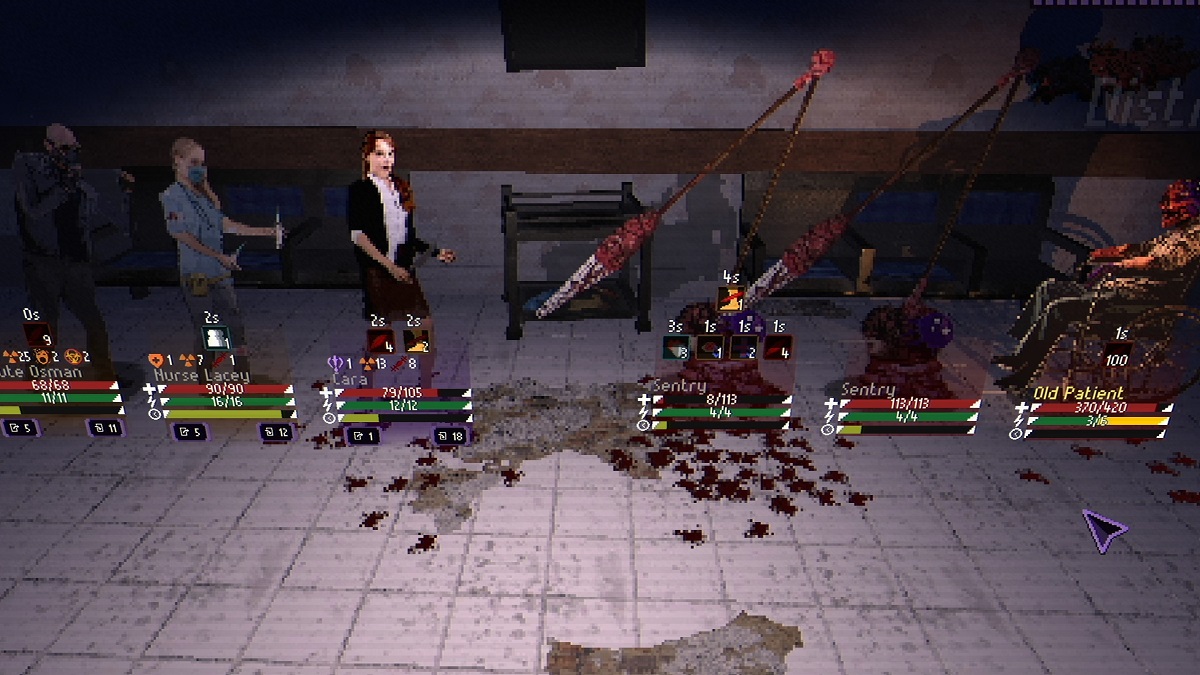
What really irks me about the situation is the fact that the actual independent sphere of games is absolutely massive. The problem is that actually getting the word out is immensely difficult; perhaps the most difficult part of independent game development. Even the most promising concepts with the best execution can have a lot of trouble getting the ear of content creators or journalists.
That’s kind of why something like an indie category in an award production is so important to small developers. Winning an award, especially in something as big as The Game Awards, can be a huge boost for a small team. Not only does it get a lot of eyes on the game itself, but being able to advertise the win on a game’s store page can help sell it.
Meanwhile, Nexon has more money than the Gods of Lucre. The company can afford ads, a big PR firm, and the reach to easily get the eyes of the press and content creators alike. It doesn’t need “Best Independent Game Award 2023” on its store pages to sell games. Nexon’s marketing budget alone is something small, independent studios can’t compete with.
With Nexon copping an aesthetic we commonly associate with independent games, Dave the Diver gets to compete with developers far beneath its financial weight class. Whether intentional or not, it gives Dave the look of a plucky underdog you can root for, but really, he’s a big-league player batting in a little-league game.
It’s the same thing we see in film awards — a well-known actor with no shot at any “best lead” wins can easily run home with the “best supporting” title. In music, artists hop between genres and collect accolades they’ve got no business competing for. But again, that’s nothing against Dave the Diver specifically. It’s a worthwhile game.
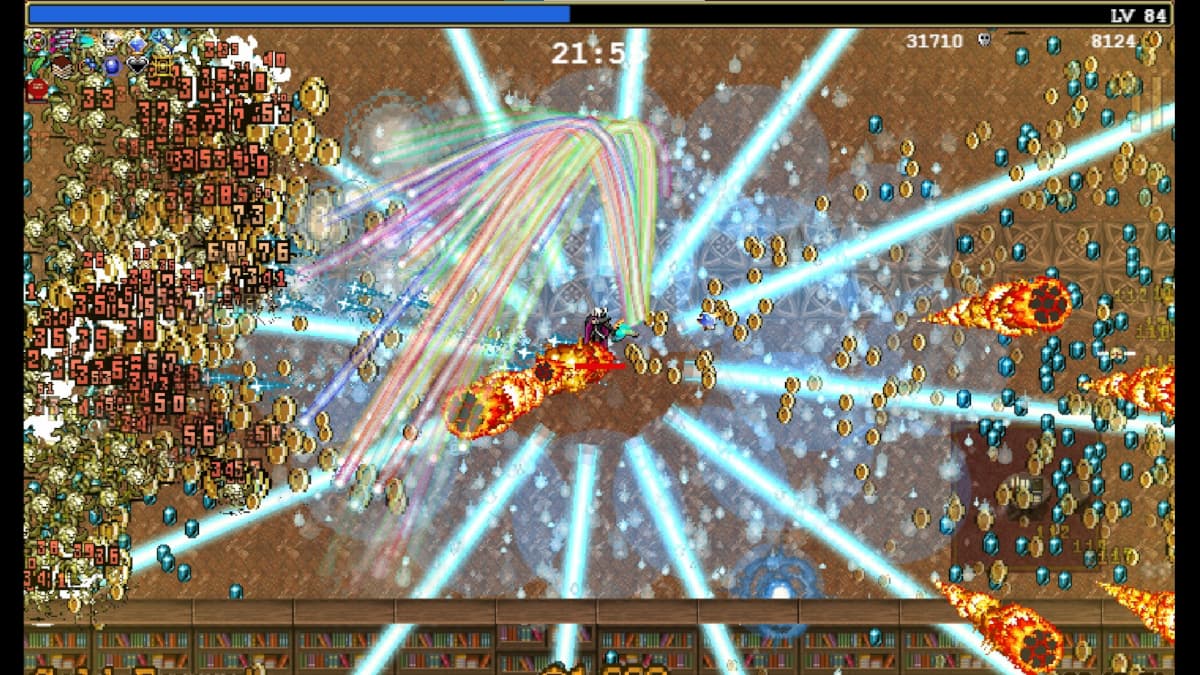
I’m not going to tell you all of this without at least throwing out some ideas on how to fix it. Now, before I outline it, I want to emphasize that I’m just brainstorming here. I’m pulling the “there are no bad ideas” card. Even though I’ve been pondering the subject for a long time now, this isn’t something that I’ve been carefully considering and revising.
With that said, I think we should take a page from the music industry. Here are my proposed categories:
- Independent – No publisher
- Alternative – Small budget with publisher
- Mainstream – Big budget
There. Team17 can call themselves an alt-publisher, which sounds trendy. Dave the Diver can compete with the alternative crowd. Indie developers who spent their life savings just to feed themselves during development might actually get some recognition. We can say that Five Nights at Freddy’s was an indie game that broke into the mainstream space. Ideally, we would have a fourth category, but baby steps here. No need to frighten Geoff Keighley.
There isn’t going to be a single solution that makes everyone happy, and I get that. But if there’s one thing that I hope most people can agree with, it’s that Dave the Diver shouldn’t be anywhere near the independent category. Developers who have to pay their bills with the sales of their games shouldn’t have to compete with a multi-billion dollar corporation.
Not that I typically ever agree with The Game Awards in the first place, but that’s a different matter entirely.

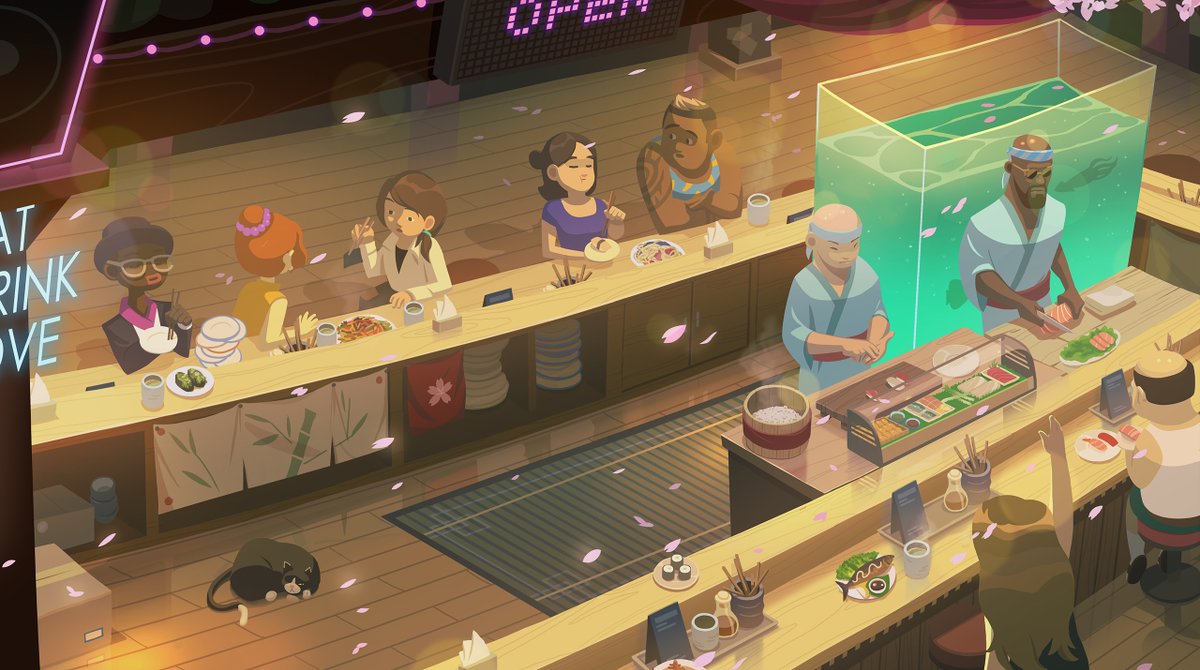




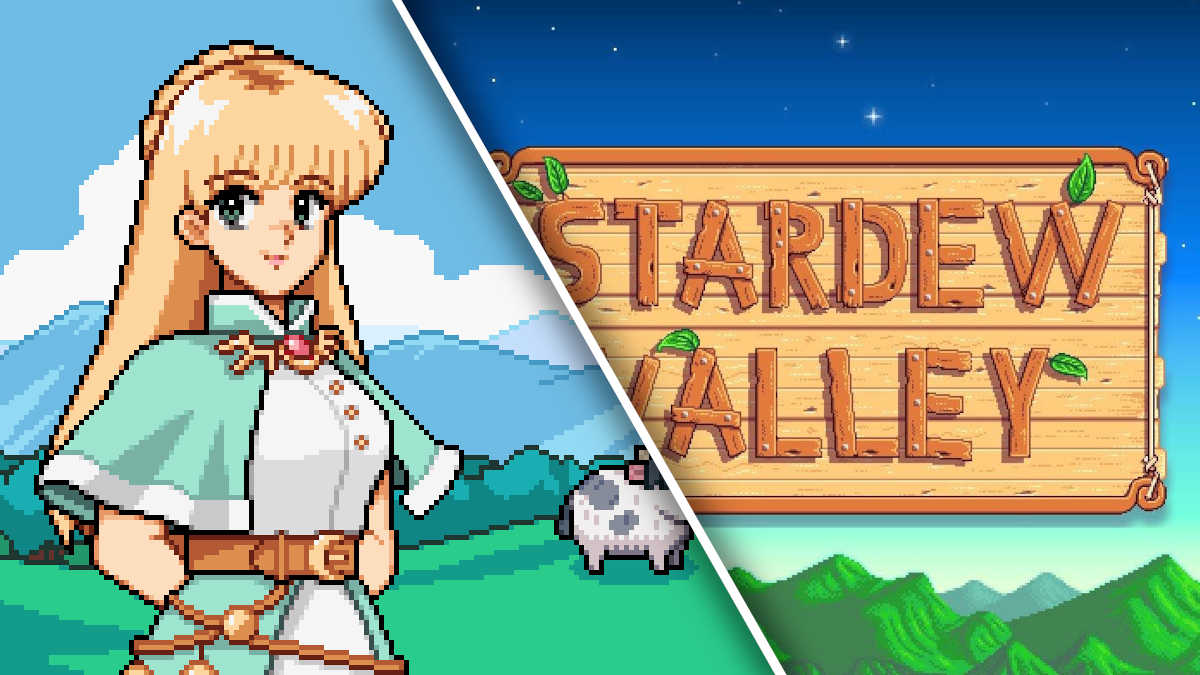







Published: Nov 15, 2023 9:03 PM UTC